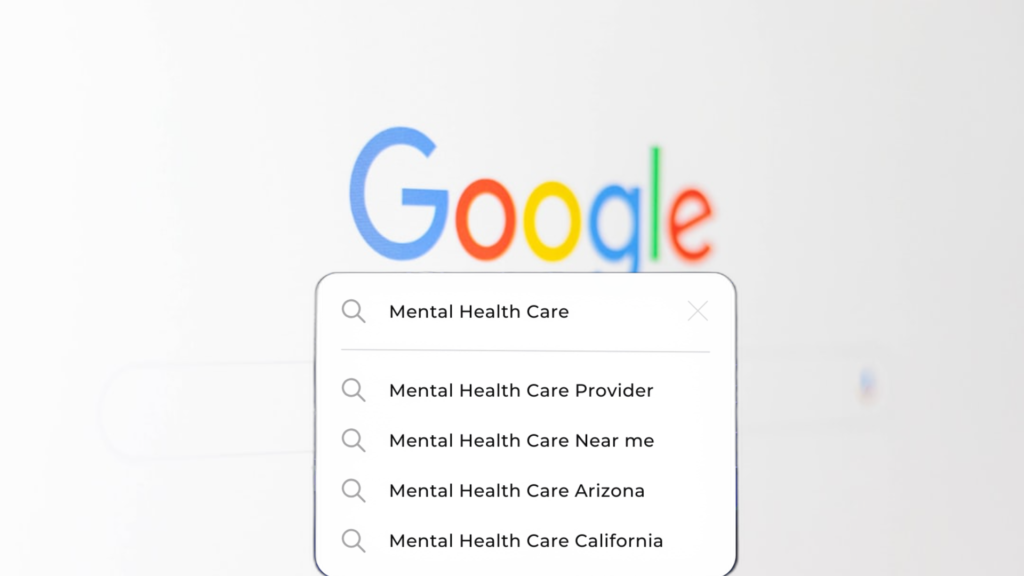Personality Traits to Look for in a Mental Health Provider
Mental illness has become a pressing issue in the United States. Unfortunately, statistics show that around 1 in 5 adults experience mental illness in any given year, which translates to 20% of the entire population. Such a high prevalence of mental illness underscores the need for compassionate and dedicated individuals who can help those who are struggling with life-altering diseases. When it comes to finding the right mental health provider, several qualities are crucial in building a strong and effective relationship between the patient and the provider. Empathy, care, active listening, a diligent work ethic, resilience, and open-mindedness are all vital traits that can help foster a trusting and supportive therapeutic relationship. By seeking out a provider who embodies these qualities, patients can feel more comfortable sharing their struggles and work towards achieving their mental health goals. At Journey Psych, we understand that mental health care requires a personalized approach. We have been awarded Most Loyal Patients from, ZOCDOC,Vitals, and WebMD. Our two providers are exceptional in their field, with years of experience in both psychiatric medication and therapy. More importantly, they possess these key qualities personalities that set them apart from other mental health providers.See Success Stories 🤗 Empathy is the ability to put oneself in another person’s shoes and understand their feelings. It goes beyond sympathy, which is a more passive response. Our mental health providers believe that empathy is crucial for helping patients feel understood and validated. They have experienced mental health issues themselves, which allows them to empathize effectively with their patients in sessions. 🕊️ Caring and compassion are also vital qualities for mental health providers. Mental illness can be challenging to deal with, and our providers have a natural desire to alleviate their patients’ suffering. They are available throughout the day, including weekends and holidays, to ensure that their patients receive the care they need. 🧏🏻♀️ Good listening skills are crucial for mental health providers. Truly hearing what someone is saying is the only way to understand them fully. Feeling heard and understood can be a tremendous relief for patients struggling with mental illness. Our providers possess great listening skills, which makes their patients feel appreciated and understood. 💪 Hard working is a necessary trait for anyone in the mental health field. There is always more work to be done than time or staff available. Our providers are conscientious and committed, always willing to go the extra mile for their patients including filling prescriptions at any time of the day. 🛡️ Resilience is another crucial quality for mental health providers. The job can be stressful, emotional, and overwhelming at times. Our providers are naturally empathetic, which can make it easy to take on their patients’ pain and suffering. However, they possess the resilience to bounce back and continue providing exceptional care to those in need. 👐 Open-mindedness is essential for mental health providers. They must be able to encounter unexpected and unexplained behaviors and opinions without judgment. Our mental health providers witness firsthand the challenges and struggles of individuals with debilitating mental illness. They have seen things that may startle and surprise others, but their open-mindedness allows them to approach each patient’s unique situation with compassion and understanding. Final Thoughts Mental illness is a prevalent issue in the United States, affecting tens of millions of people each year. It can manifest in various forms and severity levels, making it a challenging time for those who experience it. However, having a compassionate and dedicated healthcare professional who truly cares for their patients can make a significant difference in their journey to recovery. The most important factor to consideris if you can see yourself growing a trusting and safe relationship with your provider. You want to be sure to work with a provider you can relate to and who understands who you are as a person. According to NAMI 70% of the patient getting better is the quality of the relationship you have with your provider. At this time when the rates of mental illness are higher than ever, there is a growing demand for trustworthy and caring providers like ours. If you have had negative experiences with psychiatry providers in the past, we are here to help change that stereotype and guide you towards living your best life. Don’t hesitate to book an appointment with us today or call us at 800-955-0167. STACY LYONS PMHNP, LPC, RN DESANNE GONSALVES PA-C Physician Assistant Specialized in Psychiatry BOOK APPOINTMENT CALL US
Personality Traits to Look for in a Mental Health Provider Read More »



